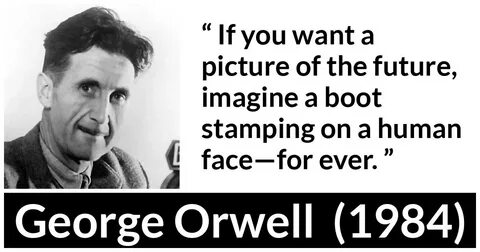I’ve written a little bit about this before in the Basketball Is Easy post and then again in the Never Give Up Is Bad Advice post. I’m going to bring it up again because I think it’s important to understand if you want to understand others.
I define “talent” as any individual, baseline human capability. I’ve used the term “innate capability” or an ability to do something that ultimately derives from one’s genetics. Everyone has talent to some extent. The world’s greatest athletes may have athletic talent at a 9.5 or 10 out of 10. The world’s worst athletes may have a 1 or 1.5 out of 10. Some may be able to increase their capability by deploying others talents, like curiosity, reasoning, or discipline. For example, someone may have business talent of seven, but they want to improve their capabilities in business. If they have the talent of curiosity at a level high enough, they may deploy it to seek the best ways to improve their business capability. If they have reasoning talent to a high enough level, they may be able to deploy that to evaluate the options their curiosity uncovered and find out which ones are the best. If they have discipline talent to a high enough level, they may be able to apply, in practice, the lessons they learned through their reasoning. These other talents may lead them to greater capability in business. However, regardless of one’s application of other talents to improve on other innate talents, one will never be able to move the needle beyond some standard deviation. A four may improve to a six, but will never achieve seven. A seven may improve to an eight, but will never be a nine, and so forth.
There are plenty of characteristics that are not talents, mostly physical, like height, beauty, or health. It may be possible to deploy one’s talents to improve these characteristics, like health, but not height. It may seem obvious that there’s no talent that can be deployed to make yourself taller, however it may not be obvious that one can’t be healthy without deploying other talents. If you have insufficient talent in curiosity, reasoning and discipline, you will never be particularly healthy.
All of this needs to be taken into consideration when relating to others. People who have high talents often don’t recognize it and apply their own high standards to others, who probably won’t have similarly high levels of talent. There are many people who have no high talent at all. You may find yourself encouraging people to do this or that because it will improve their lives without realizing that they lack to genetic capability to do those things. I’m not saying that you shouldn’t encourage people to do things that will improve their lives, but be don’t be frustrated with them if they don’t do it, no matter how obvious you think it is, because it may very well be that they can’t do it. It may very well be that they lack the capabilities that you have and that they will never be able to do what you can do. Your talents will always seem “easy” to you and therefore, it will be hard to understand why others seemingly won’t do what you’re doing, even though they obviously should. It isn’t that they won’t do it, it’s that they can’t. Often, not only will they not be able to do it, but they won’t be able to understand it, or, even have the interest to understand it.
It can be very frustrating to be able to do X, see the way it benefits you, see how it can benefit those you care about, tell them about it, yet they never do X and suffer because of it. But you have to understand that they simply can’t do what you can do and that’s no one’s fault. It’s a genetic issue. They are, and always will be, what their genes have dictated. It’s not impossible that someone’s genes will express differently and significantly over time, but it shouldn’t be expected.
It can be difficult to come to terms with this, both in yourself and others. No one wants to accept that they may suffer from their innate limitations, or that loved ones will suffer because of theirs, but it’s a truth of life that will benefit those who have the talent to understand and integrate it into their philosophy of life.




One thought on “Talent Theory”
Comments are closed.